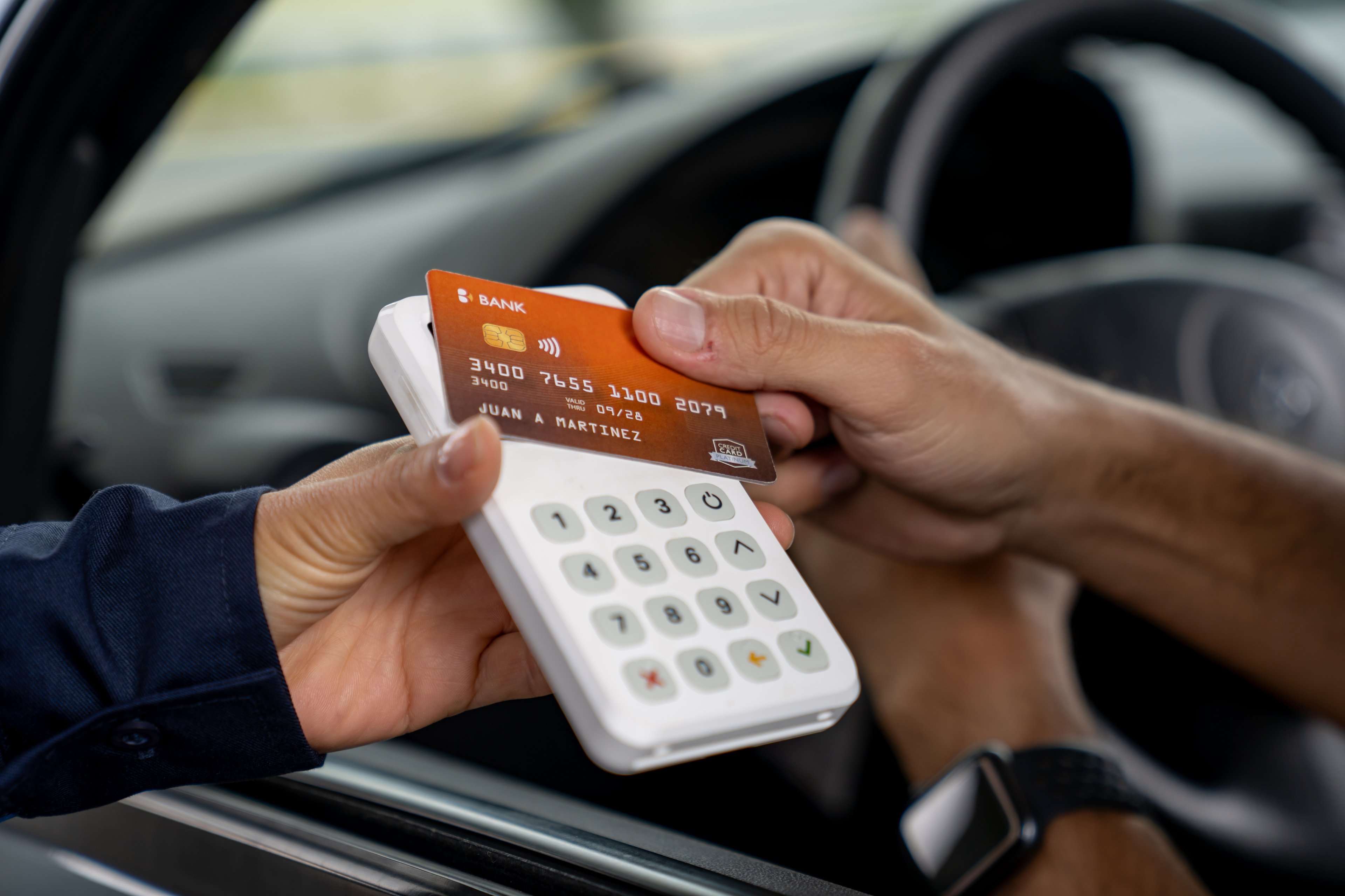I think most investors would agree that Visa (V +1.06%) and Mastercard (MA +1.14%) are two high-quality enterprises. Both companies, whose shares have been big winners historically, are even owned by the great Warren Buffett in Berkshire Hathaway's portfolio.
Nonetheless, that doesn't mean investors should be letting their guard down. All businesses face risks. For Visa and Mastercard, there is probably no greater threat than the possibility of direct payment channels.

NYSE: V
Key Data Points
Bypassing the card networks
Visa and Mastercard operate global communications networks that allow for the processing of card transactions. Anytime one of their billions of cards in circulation gets used at checkout, the businesses earn fees. This is a very financially successful business model.
A big part of the fee that merchants pay, known as interchange, can significantly eat away at margins. To be clear, interchange fees mainly go to the banks that issue the credit cards. But it's hard to argue with the fact that if a merchant could bypass the card networks, they could save a lot of money.
Target is trying to do just that. It offers a debit card, known as the Circle Card, that gives shoppers 5% off any purchase in-store or online. This is beneficial for the massive retailer, which generated $107 billion in sales in fiscal 2023 because it directly pulls funds from the customer's bank account.
Assuming all of Target's customers used the Circle debit card last year, a data point that isn't reported, the business would probably save the roughly 2% of transaction value that goes to interchange. This amounts to a gargantuan $2.1 billion. The catch, though, is that Target has to incentivize usage by offering a 5% discount.
But you can quickly see the damage this would cause to Visa and Mastercard if other large consumer-facing enterprises, particularly those where people shop frequently, set up their own direct payment methods with their customers. Of course, they'd likely have to offer attractive discounts to encourage use, which might get costly.

NYSE: MA
Key Data Points
Risk mitigants
To be a good investor, I think it's important to pay attention to any risk factors that could derail the competitive position of the businesses you own. While the direct payment method that I just described is something to keep tabs on, I believe Visa and Mastercard shareholders don't have a reason to worry just yet.
These are two of the best companies in the world. They are incredibly profitable with insanely high margins and huge free cash flow generation. And with so many cards in circulation, coupled with almost all merchants accepting them, they both benefit from powerful network effects. Even better, Visa and Mastercard are so entrenched in our daily lives and so vital to the smooth functioning of the global economy that it's almost impossible to disrupt them.
It helps that consumers love their general-purpose credit cards, with all the perks and rewards that banks provide. Even as new digital payment services have sprung up and fintech enterprises grow in popularity, Visa and Mastercard continue seeing their cards outstanding and payment volumes rise each year. This is a clear sign that they aren't going away anytime soon.
Plus, the secular trend of cashless transactions still has a very long runway ahead, especially in emerging markets. But even in a developed country like the U.S., there is growth potential. According to the Pew Research Center, 58% of Americans still use cash for some or all of their weekly transactions (data from 2022).
I'm sure companies won't stop trying to figure out ways to avoid paying what they deem are pesky payment processing fees. Visa and Mastercard, however, provide the best solution available to mitigate the risk.






